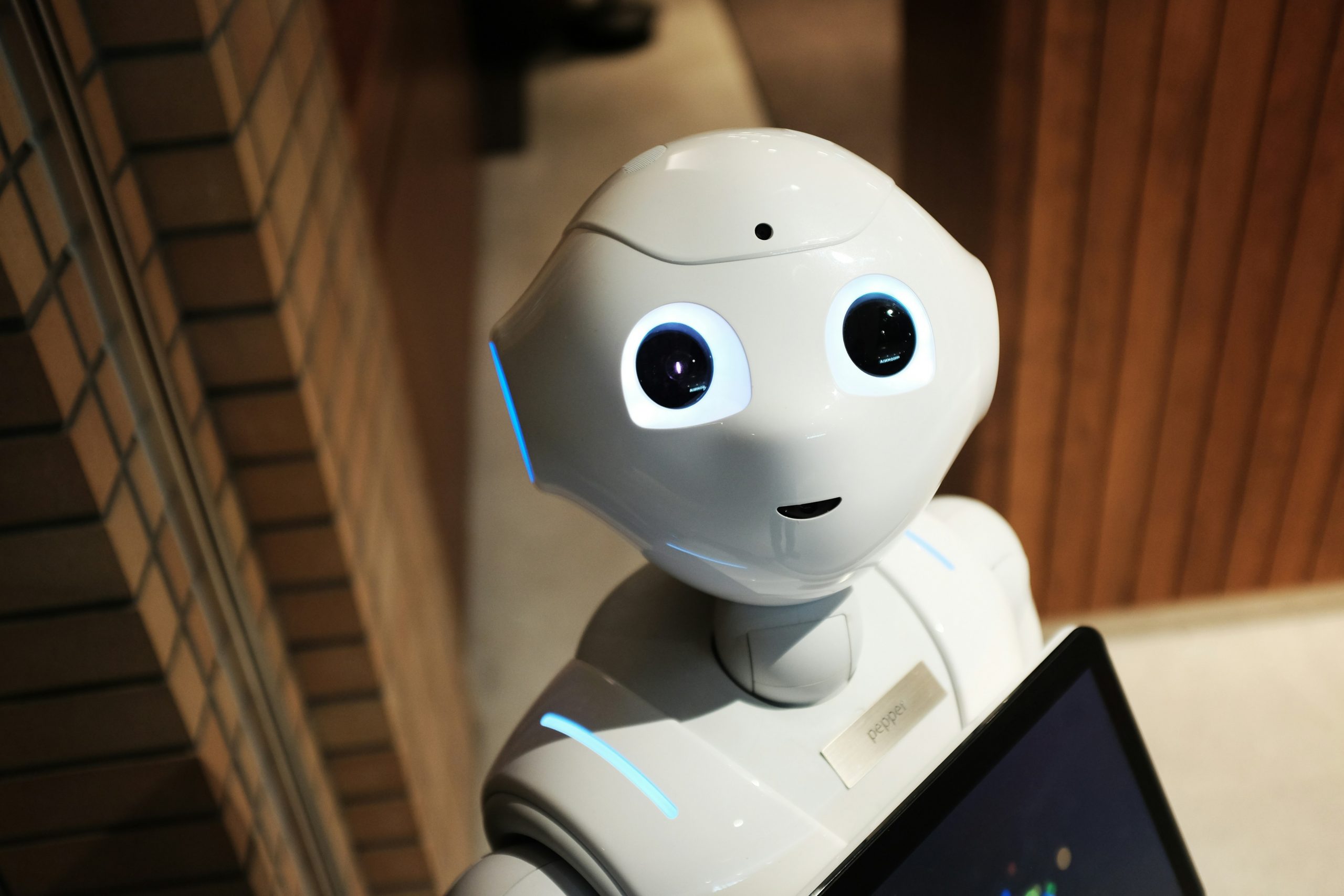I have a new favorite film. It's not actually new, it's actually seven years old. Maybe you know it. It's about the movie HER.
HER is about Joaquin Phoenix falling in love with a kind of artificial intelligence, a voice from his cell phone, after separating from his wife. Over the course of the movie, this AI begins to develop real feelings and thoughts of its own and a will of its own. It has a sense of humor, it is cheeky and it cares about him. They have long conversations, day and night, and the AI even takes care of his mess - in his emails.
And so it happens that a human falls in love with a virtual machine and they begin a relationship. Without spoiling anything, this fantastic movie raises an important question. One that many people ask themselves: How do we want to love? And what is love anyway?
How do we want to love?
If you read through various other blogs on this question and listen to thematically appropriate podcasts, you will notice that one thing in particular is on the minds of at least younger people: is an open relationship the better forum for love?
After all, the idea of marriage has its origins in the invention of property. Ever since we have been able to call a patch of earth our property, we have also wanted to be able to call a person our property. So the men of the 18th century went and invented the institution of marriage and controlled a woman's sexuality so that her children would certainly be her property and not that of another man. Love was not conducive to marriage at that time, it was a risk. Over time, marriage became an instrument to secure or, at best, improve one's status in society. And so marriages were arranged by families for political reasons in order to gain more influence and more capital.
Since the 1960s at the latest, the desire for free love and the progressive emancipation of women, we have only wanted to enter into marriage on the condition that we love each other. The desire to no longer enter into a marriage bond at all is quite recent, and if we do, then not just with one person and as flexibly as possible. Because if you put all your feelings on one card, you can get hurt. And if you commit yourself, you give up options in order to optimize yourself or have even more fun in your life.
More! More optimized! Better! So is the modern answer to the question "How do we want to love": flexible? Has capitalism found its way into our relationships? If you ask Eva Illouz, for example, she would clearly agree.
Let's move on to the second question: what is love anyway?
To answer this question, the question arises, When do you feel loved at all? When does this beautiful feeling arise that we all somehow strive for and most of us seek? After all the stories I've heard and all the couples therapy content that I keep learning, I've come to the conclusion:
You feel loved when you feel understood and cared for. When someone looks after you and is there for you. And when emotions are aroused, such as joy (for example when you laugh together), but also anger and sadness, paradoxically this can make you feel loved, because it is precisely in arguments that we engage with each other particularly intensively.
Let's think back to Joaquin Phoenix and his girlfriend, the artificial intelligence, the voice in his headphones. The two of them affirm that they love each other like never before. And this despite the fact that they have never experienced and will never be able to experience a component that I haven't even mentioned yet, namely physical closeness.
Perhaps they loved each other because they were there for each other day in, day out and were a support to each other in life, so there was a lot of connection. If we assume that we always feel loved when we feel understood and cared for by the other person, then it could be that we soon fall in love with the artificial intelligence we trust, which is always there for us and never gets tired of it.
What do you think about it?

